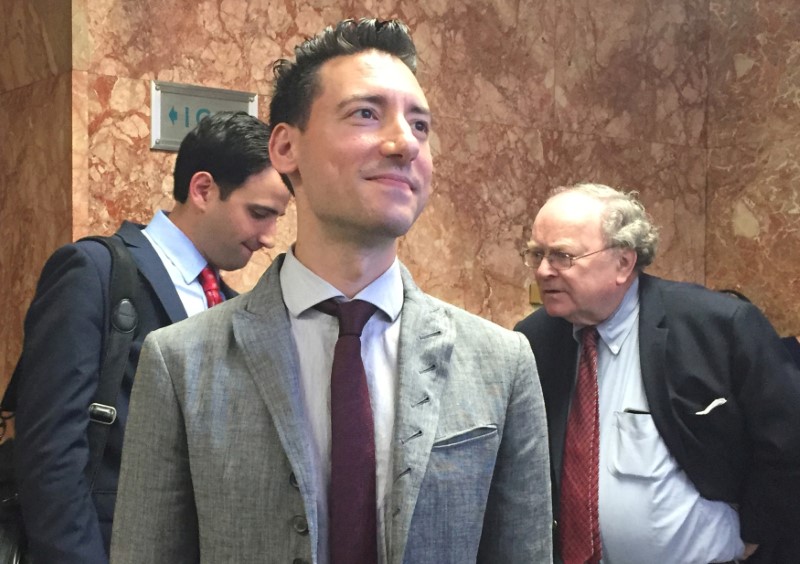
By Jennifer Dobner
SALT LAKE CITY (Reuters) – Legislation to effectively decriminalize polygamy among consenting adults in Utah overwhelmingly passed the state House of Representatives in Salt Lake City on Wednesday, moving it a step closer to becoming law.
The measure reduces the criminal penalty for plural marriage from a felony to an infraction on par with a traffic ticket. It cleared the House on a vote of 70-3.
The bill, which originated in the Senate, now goes back to that body for a final vote to approve a technical amendment made in the House. Both chambers are controlled by a Republican majority.
Final Senate passage would send the bill to Utah Governor Gary Herbert, also a Republican. He has not indicated whether he would sign the measure into law.
Under current statutes, polygamy – typically involving a man who cohabitates with and purports to marry more than one wife – is classified as a third-degree felony, punishable by up to five years in prison.
If the bill becomes law, punishments for plural marriage would be limited to fines of up to $750 and community service.
However, fraudulent bigamy – in which an individual obtains licenses to marry more than one spouse without their knowledge, or seeks to wed someone underage without her consent – would remain a felony. It would also be treated as a felony if charged in connection with other crimes such as child abuse, fraud, homicide or human trafficking.
The bill’s Republican sponsor, Senator Deidre Henderson, has said her intent is not to legalize polygamy but to decriminalize it so that those from polygamous communities who are victims of crimes can come forward for help or to seek social services without fear of being prosecuted themselves.
Opponents of the bill say current law should not be changed because polygamy is inherently dangerous and harmful to women and children, particularly girls, some of whom have been forced into marriages with older men.
Polygamy is a remnant of the early teachings of the Utah-based Church of Jesus Christ of Latter-day Saints, which officially abandoned the practice in 1890 and now excommunicates members found engaged in the practice.
Fundamentalist Mormons, numbering an estimated 30,000 across the western United States, continue the practice, however, in the belief that if promises glorification in heaven.
(Reporting by Jennifer Dobner in Salt Lake City; Editing by Steve Gorman, Robert Birsel)






